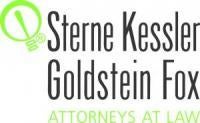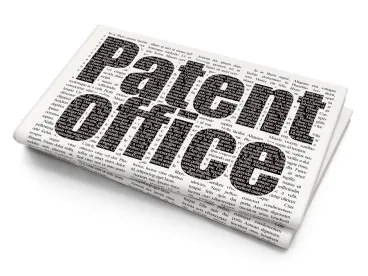In May of 2014, we discussed the prevalence of trademark and domain name scams, and offered tips on how to avoid being duped by fake service offerings. Unfortunately, scammers have not faded into the woodwork in the intervening two years, but have become craftier, more aggressive, and even more malicious in seeking to profit from unsuspecting trademark owners.
These types of scams currently fall into the following four categories:
-
"Official" Letters From the U.S. Patent and Trademark Office, or Other Trademark Agency
Official letters scams are designed to mimic official USPTO and other trademark agency (such as EUIPO) correspondence, often incorporating wording such as "US/United States," "Patent and Trademark Office," or even a seal.
This type of scam has become so prevalent that the USPTO is sponsoring a new Fraudulent Solicitations Program to help combat the problem, and has posted several real-world examples of solicitation letters on their website to help users identify this type of scam.
These types of scams may include statements about the need for the applicant to pay additional fees to move a mark towards registration. They may provide a phone number to call to leave a credit card number, or include an official-looking form to complete with payment information, and include a return addressed envelope with a P.O. Box.
Perhaps the most telling sign of a scam is that the USPTO and other trademark offices will not communicate directly with an applicant or registrant where there is counsel of record. If you receive any correspondence from some type of Trademark Office Agency, either via email or snail mail, look carefully for the following information to confirm that it is actually official USPTO communication:
-
reference to "United States Patent and Trademark Office" all together (not just U.S. or United States, or PTO, for example)
-
sent via a USPTO address – either the Alexandria, Virginia street address, or from an email address "@uspto.gov."
In any event, we recommend forwarding a copy of the communication to trademark counsel for verification in order to avoid any potential fraud, credit/identity theft, or registration delays
2. Solicitations Offering to Provide Legal Services to Meet USPTO Requirements
Because all USPTO application and registration data is available online, scammers can use these records to determine the prosecution history of a mark and what might be due next. While not all letters offering legal assistance are technically scams (in that some may provide some form of actual services), these offers often fulfill only part of the USPTO requirements, and usually bundle USPTO and service fees as to exaggerate the true cost of filing
3. Registry, Foreign Filing, or Watching Services
Other common scams include offering to list a trademark in a trademark “registry” (which do not exist), to file for the mark in foreign countries, or to provide some sort of watching service.
4. Warnings About International Domain Name Registrations
Finally, perhaps the most common type of scam involves an email communication from an Asian-based consulting company purporting to notify the trademark holder that another entity is seeking to register the client’s trademark or business name as a domain name in a foreign country. The email provides the brand owner with a short period of time in which to secure the domain name for its own. These notifications are virtually all scams or, at best, solicitations to purchase unnecessary domain names.




 />i
/>i

